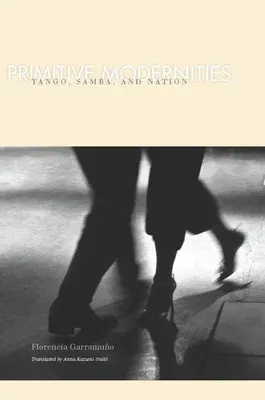Florencia Garramuno
(Author)Primitive Modernities: Tango, Samba, and NationPaperback, 24 August 2011

Qty
1
Turbo
Ships in 2 - 3 days
In Stock
Free Delivery
Cash on Delivery
15 Days
Free Returns
Secure Checkout

Print Length
216 pages
Language
English
Publisher
Stanford University Press
Date Published
24 Aug 2011
ISBN-10
0804762503
ISBN-13
9780804762502
Description
Product Details
Author:
Book Format:
Paperback
Country of Origin:
US
Date Published:
24 August 2011
Dimensions:
22.61 x
15.24 x
1.78 cm
Genre:
Latin America
ISBN-10:
0804762503
ISBN-13:
9780804762502
Language:
English
Location:
Stanford, CA
Pages:
216
Publisher:
Weight:
340.19 gm